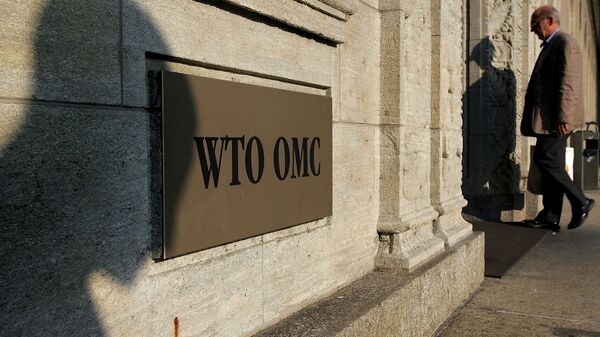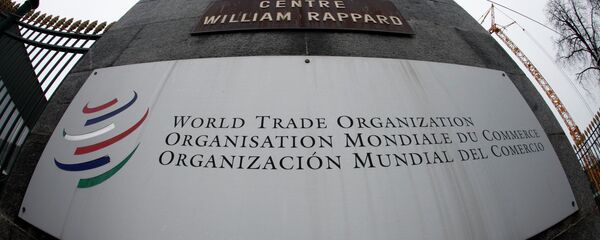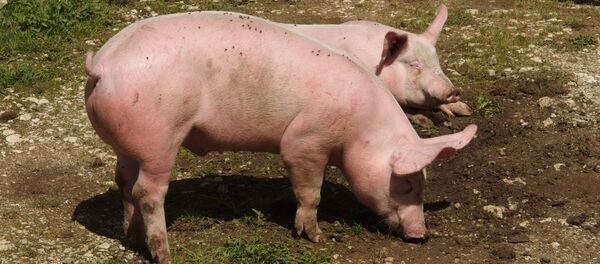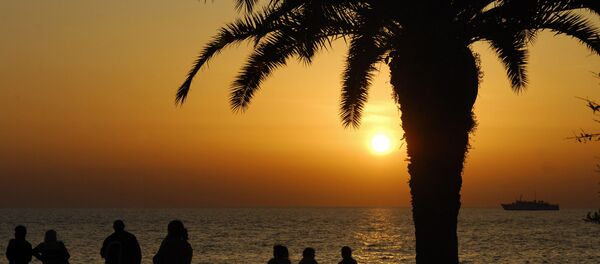A week earlier, WTO arbitrators backed the EU in a dispute with Russia about the customs duties on the import of refrigerators, palm oil and paper products.
Commenting on the decisions, First Vice-president of the Russian Public Organization of small and medium enterprises “Oppora Rossii” (Support of Russia) Pavel Sigal noted that the WTO, as is any other international organization, subjected to heavy lobbying by its larger member countries.
“Such a tough position towards Moscow is a reflection of the current tensions in Russian-American relations,” he told Russia’s online newspaper Lenta.ru.
“Everything is done within the rules, however the interpretation of WTO norms, when applied towards Russia, is always harsher than towards any other member state,” he added.
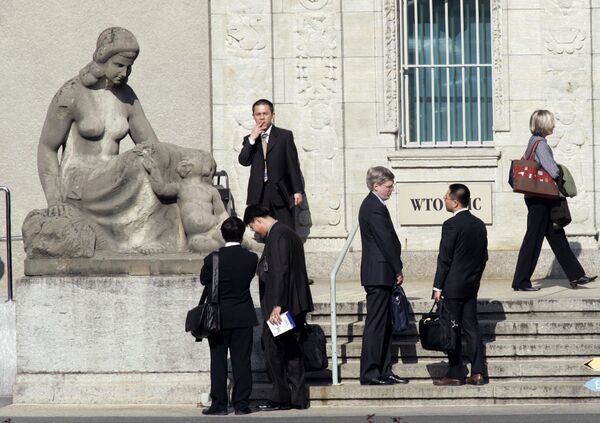
The head of the department of industrial policy of RAEX rating agency Fyodor Zherdev noted that the relationship between any member state and WTO depends on two factors.
The first is the terms and conditions of trade that the county undertook upon accession to the organization. And the second is the level of sophistication of the internal national legislation.
“By sophistication I mean not the number of documents and pages but the legal ability to defend the internal market while complying with the WTO rules,” the expert told the website.
“When the EU wanted to shut down its internal market for foreign passenger planes it simply introduced requirements on the noise level of engines. As a result, Soviet planes, which failed to comply with the new requirements, had to leave the market,” he said.
Zherdev however admits that in the dispute over refrigerators, palm oil, paper and pigs Russia might have committed some mistakes – either the conditions of its accession to the WTO were not well thought out, or the government did not provide the money for well-educated and expert lawyers able to support the state’s position without violating the rules of the international organization.
After the announcement of the decisions, calls were heard for Russia’s possible exit from WTO.
However, a number of experts questioned by the newspaper said that such a move makes no sense. It is now advantageous for Russia to stay within WTO, which is losing its former might and is ceasing to be a real economic force.
It will be soon replaced new formats of international trade.
The expert further explained that after the Russian ruble halved in value, the country’s manufacturers and producers suddenly received a huge competitive advantage on the global market.
“The profit of Russian companies from their access to the external markets as WTO member state largely outweighs all the shortcomings,” he said.
He further added that Russia is likely to simply recompense the WTO member states for its “not-agreed protectionism.”
Fyodor Zherdev also believes that Russia should abstain from leaving the organization.
The political loss will be evident: the West will instantly claim that “Russians can’t play according to rules,” while the gains from leaving amount to zero.
He notes that the organization is now in a deep crisis, with many members showing displeasure with it. In particular, developing countries are unhappy because there is no agreement within the so-called Doha Round of WTO talks where the issue of agriculture products trade is being negotiated.
The expert also notes that the organization may soon be replaced by the Transatlantic Trade Investment Partnership (TTIP) and Trans-Pacific Partnership (TPP).
If and when such formats are implemented, WTO will become a “toothless” organization, similar to the US Peacebuilding Commission or UN Commission on Sustainable Development, the expert stated.

